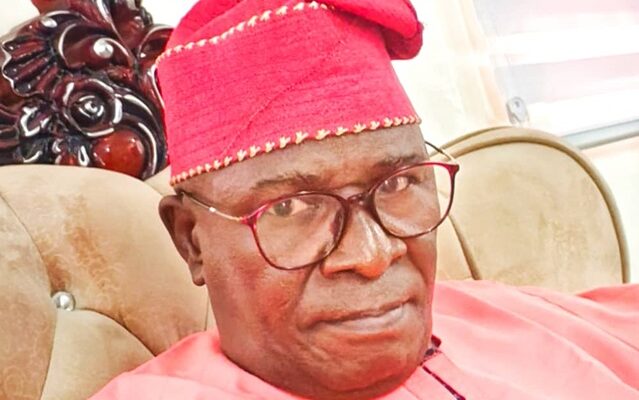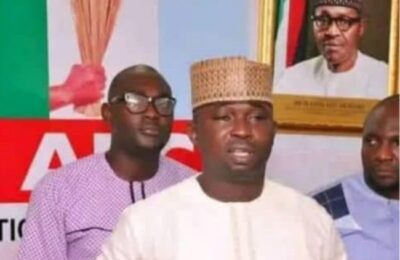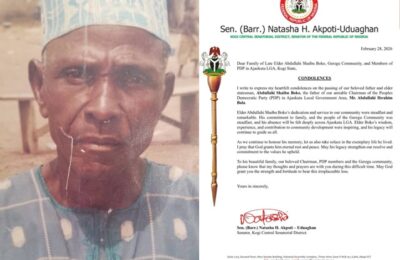By Musa Bakare.
Before the results of the 2023 presidential election were announced and Asiwaju Bola Ahmed Tinubu was declared winner, Nigeria stood at a critical crossroads. The nation was burdened by economic fragility, rising insecurity, and widespread disillusionment.
Many Nigerians wondered whether any leader could steady the ship. In hindsight, and amid the storms of global uncertainty, one must admit, thank God it was President Tinubu who took over in 2023.
Before President Tinubu’s inauguration, Nigeria faced multiple crises. The aftermath of the COVID-19 pandemic had left the economy weak, foreign reserves dwindling, and unemployment high. The naira was unstable, the debt profile rising, and public confidence low.
The fuel subsidy regime was draining trillions of naira annually, leaving little room for capital investment. Many political observers predicted that whoever became president in 2023 would inherit a near impossible task.
From the very first days of his administration, President Tinubu made it clear that he would choose courage over convenience. His decision to remove the fuel subsidy, though painful was a move that Nigerian leaders before him had avoided for decades. It was an economic necessity.
The same can be said for his decision to unify the foreign exchange market, a bold step toward transparency that had long been demanded by investors and economists alike.
While these reforms initially caused hardship for ordinary Nigerians, the broader vision of the Tinubu administration was unmistakable; to rebuild a sustainable economic foundation free from the distortions and inefficiencies of the past. President Tinubu’s willingness to bear the brunt of public criticism rather than delay needed reforms is the mark of a leader who thinks beyond the next election cycle.
One of President Tinubu’s greatest assets has been his political experience. As a former governor of Lagos State, he demonstrated an ability to assemble competent teams, attract investment, and create systems that outlasted his tenure.
Those same skills, coalition building, strategic delegation, and long term planning are now being replicated and deployed at the national level.
In an era when leadership in many parts of Africa has faltered due to inexperience or populist distractions, President Tinubu’s pragmatic approach stands out. His appointments, especially in the economic sector, have reflected a blend of technocratic expertise and political balance.
The rebuilding of institutions like the Central Bank, the push for local manufacturing, and the drive to expand infrastructure all reflect a leader who understands both policy and politics.
Nigeria’s challenges in 2023 were not isolated. Globally, inflation surged, energy markets were volatile, and geopolitical tensions affected trade and investment. Within West Africa, democratic backsliding and military coups in neighboring countries raised regional concerns.
President Tinubu’s emergence as Chairman of ECOWAS provided Nigeria with renewed influence and a strong voice for democratic stability in the region.
Despite toxic criticisms from the opposition, his administration’s foreign policy has reasserted Nigeria’s leadership role, emphasizing dialogue, diplomacy, and regional cooperation.
No administration is without flaws. Reforms of this magnitude take time to yield visible dividends. What is clear, however, is that President Tinubu’s leadership has laid down a framework that future governments can build upon, one rooted in fiscal discipline, institutional reform, and renewed confidence in Nigeria’s capacity to chart its own course.
History often judges leaders not by the comfort of their times, but by the weight of the challenges they confronted. President Tinubu’s tenure will be remembered as a period of hard choices made for the nation’s long-term good.
As the dust of reform gradually settles and the economy stabilizes, Nigeria will certainly look back and say: Thank God it was President Tinubu who took over in 2023.
– Musa Asiru Bakare, Member, All Progressives Congress (APC) and Political Analyst, writes from Lokoja, Kogi State.




